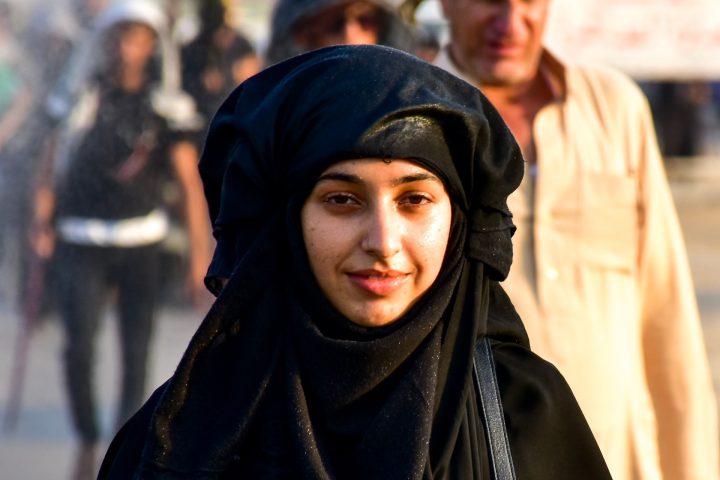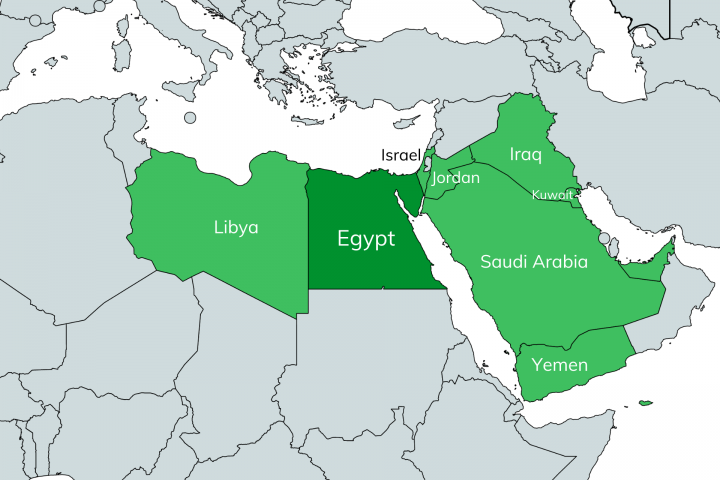MASRI ARABIC
Your generosity is helping to broadcast Guidelines devotionals in Masri Arabic, sharing the hope of Jesus in the Middle East.
Language Stats
Number of Speakers

64 million people
Where It's Spoken

Primarily in Egypt and across the Middle East
Masri Arabic – An Overview


Masri Arabic is a spoken form of Arabic originating in Egypt, but commonly spoken and understood throughout Northern Africa. (Please refer to the Standard Arabic language entry for clarification on the complexities of written and spoken Arabic.) Radio stations that use Masri Arabic instead of Standard tend to reach a younger audience.
Egyptian Arabic is spoken by nearly 70 million people. The primary religion among Masri speakers is Islam, although many communities report between 10 and 15% adherence to Christianity.
Women should be of special attention when considering outreach among Masri speakers. In Egypt, women have significantly lower rates of literacy and employment than men. Violence against women and lack of political representation are also prevalent.
Story of Impact

Imene*, age 29, is an Algerian woman suffering with feelings of depression and self-loathing because of a choice she made in her teens. At 17, she had sought “love and fulfilment” through physical relationships. With her reputation ruined, she was unable to find a husband, which brought her much shame.
Imene felt undeserving and hated herself, living with constant guilt and regret: “I couldn’t see that God loved me. If God loved me, surely He would not have let me suffer like this. I used to see Him as a narcissist who enjoyed tormenting us. I wanted to change my reality and find freedom. I blamed myself every day.”
Imene learned about God’s real nature after listening to programs and connecting with the Christian station. She has learned that God is not who she thought He was. He is not the cause of her pain—that is the mistake she made. She heard about God’s love and redemption, accepted and invited Him to enter her heart and forgive her. She now has great joy and following the station’s discipleship program.
